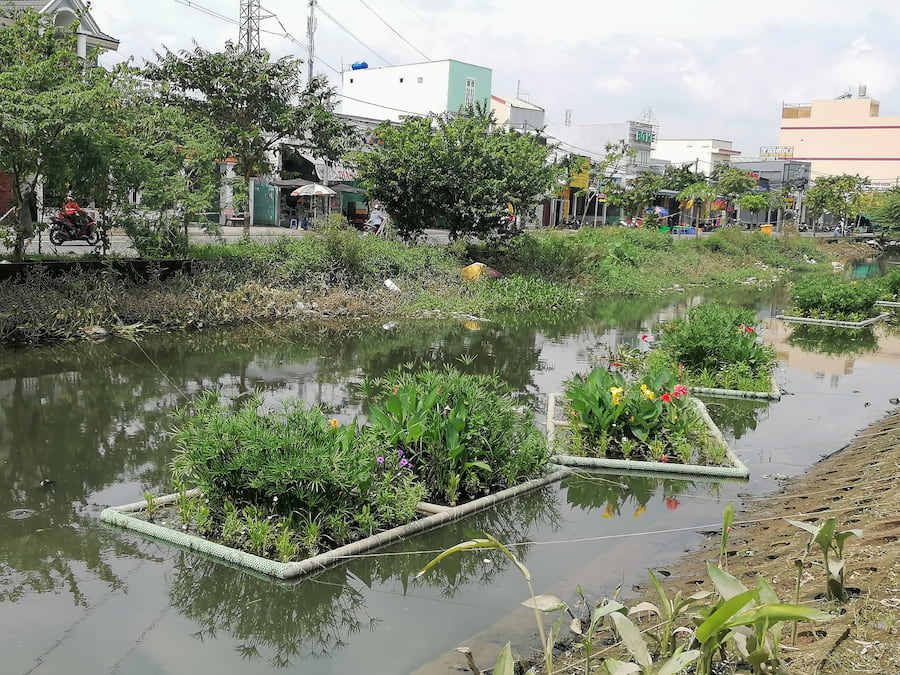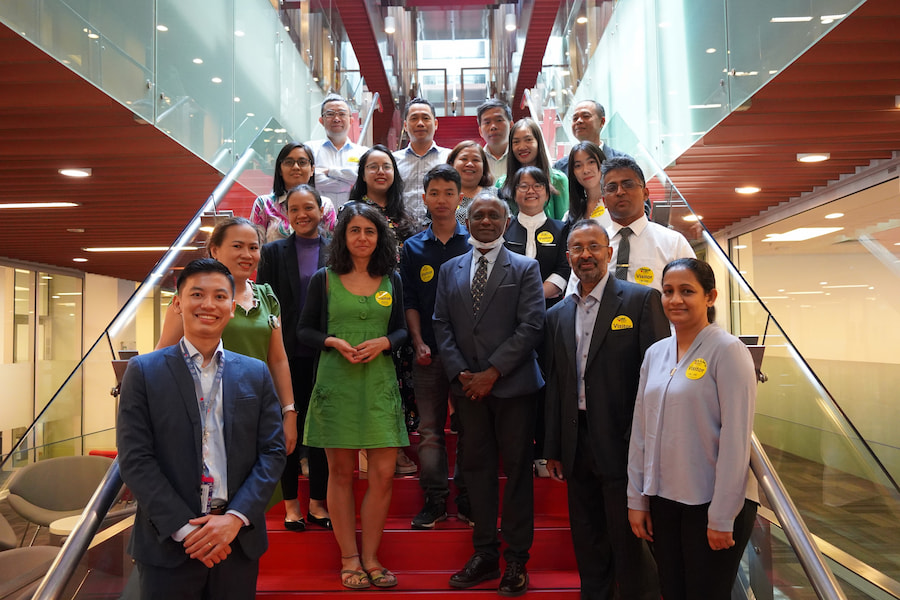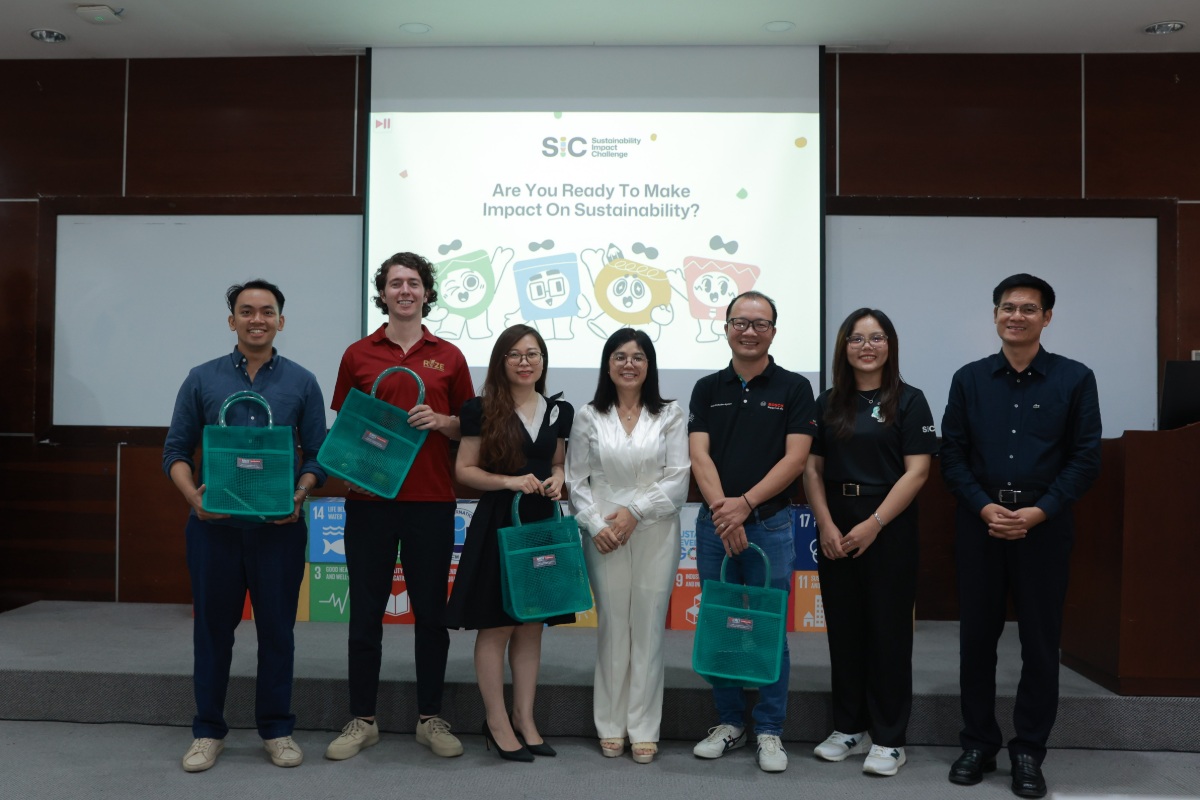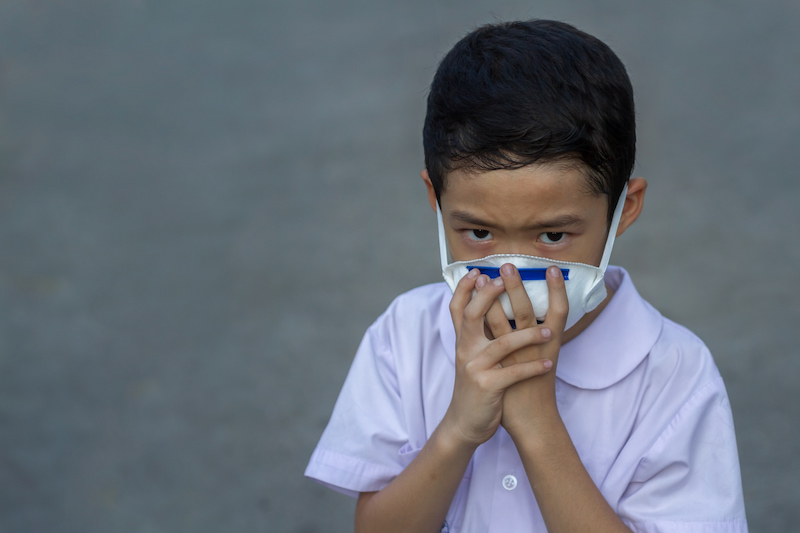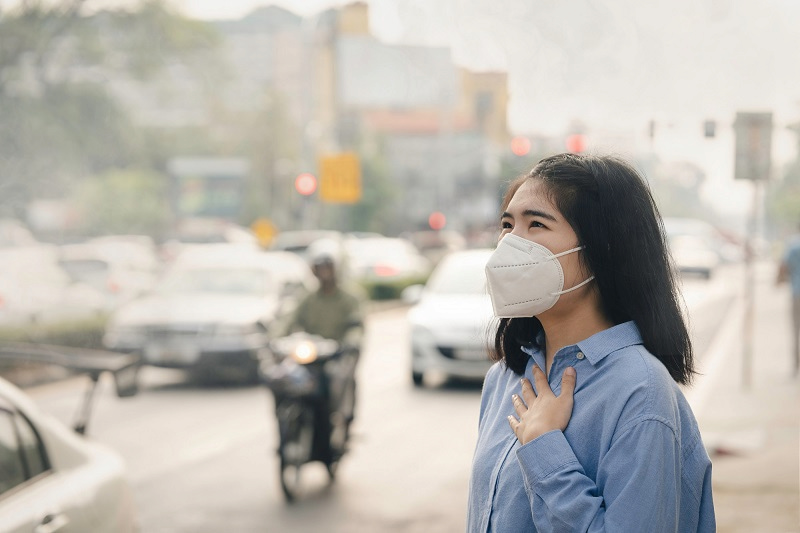A launchpad for green careers: Sustainability Impact Challenge
On 17 April, the Sustainability Impact Challenge (SIC) 2025 initiated by RMIT University was officially launched at International University – Vietnam National University Ho Chi Minh City.
The hidden cost of air pollution: Our mental health
While people often talk about the respiratory effects of air pollution, its impact on mental health is just as concerning.
Fermented clothing: How kombucha biofilm can be turned into green textiles
RMIT University Vietnam researchers are turning bacterial cellulose from kombucha biofilm into a strong, eco-friendly textile that could potentially revolutionise the way we make clothes.
Hanoi tops world pollution charts: How can psychology help us change?
As Hanoi claims the unwanted title of “world's most polluted city”, RMIT psychology experts explain how a combination of individual and collective behaviour changes can alleviate the situation.

